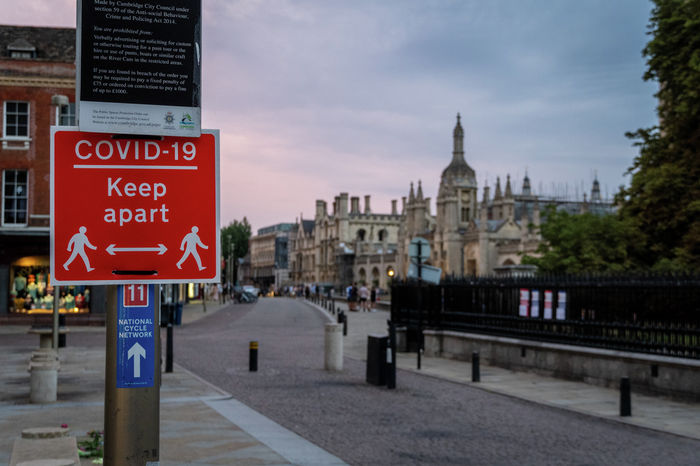Cambridge scientist develops needle-free Covid vaccine
Professor Jonathan Heeney’s new development uses a jet of air instead of a needle to push to the vaccine through the skin

A Cambridge professor has developed a needle-free Covid vaccine in collaboration with biotechnology company DIOSynVax and the University of Southampton.
The new development uses a jet of air to push the vaccine through the skin instead of a needle, and aims to fight new variations of the virus.
It is now set to be trialled by the University of Southampton on volunteers who have had two doses of a vaccine but not a booster.
Unlike existing vaccines, which use the original RNA sequence from the first samples of the virus taken in January 2020, the technology for the needle-free vaccine aims to predict how the virus could mutate and attack new variants.

The good news follows concerns surrounding the unknown severity of the new Omicron variant, which has sparked the reintroduction of mask restrictions and work-from-home guidance in England.
Heeney, who is head of Cambridge’s Laboratory of Viral Zoonotics, described the vaccine as “innovative”, citing both “the way it primes the immune system to respond with a broader protective response to coronaviruses, and how it is delivered.”
He said: “As new variants emerge and immunity begins to wane we need newer technologies.
“It’s vital that we continue to develop new generation vaccine candidates ready to help keep us safe from the next virus threats.”
Director of the Southampton Clinical Research Facility, Saul Faust, said: “This isn’t simply ‘yet another’ coronavirus vaccine as it has both Covid-19 variants and future coronaviruses in its sights.
“This technology could give wide-ranging protection to huge numbers of people worldwide.”












